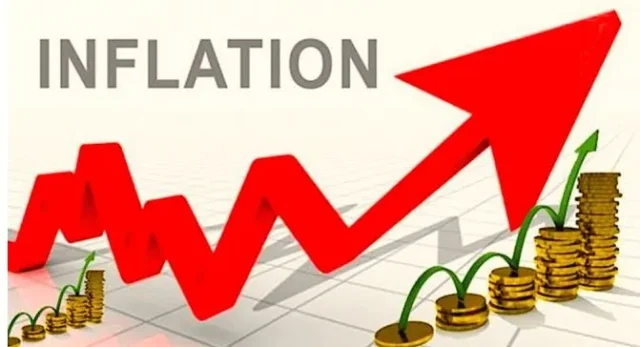Analysts predict a decline in July’s inflation due to reduced fuel demand.
Nigeria’s headline inflation, which reached 34.19% in June 2024, is expected to moderate in July due to several factors, according to analysts. The anticipation of a slight decrease is driven by the high base effect from the previous year, the federal government’s 150-day duty-free import policy on certain food items, and recent stability in the naira’s exchange rate.
Factors Contributing to Expected Inflation Moderation:
- High Base Effect:
- In June/July 2023, inflation surged significantly due to the currency devaluation. This high base from last year means that even if prices continue to rise this year, the year-on-year inflation rate could appear lower. Tobi Ehinmosan, a macroeconomic analyst at FBNQuest Merchant Bank, highlights that this effect will likely cause a deceleration in July’s headline inflation.
- Duty-Free Import Policy:
- The federal government’s recent approval of a 150-day duty-free window for the importation of key food items like maize, husked brown rice, and wheat is expected to have a positive impact on food inflation. This policy is part of broader efforts to combat rising food prices and stabilize the economy.
- Stability of the Naira:
- Recent interventions by the Central Bank of Nigeria (CBN) have brought some stability to the naira. Analysts like Yemisi Adebayo of Coronation Merchant Bank note that this stability could help reduce inflationary pressures, particularly on imported goods, which have been a significant driver of price increases.
Current Market Observations:
- Food Prices Decline:
- Recent reports indicate that prices for certain food items, such as tomatoes, pepper, and garri, have started to decline in markets across Nigeria. This has provided some relief to consumers and is likely to contribute to the expected moderation in food inflation.
- Economic Pressures Persist:
- Despite these positive signs, inflationary pressures remain. Security issues, infrastructure deficits, high energy costs, and transportation challenges continue to affect the supply and distribution of goods, which may keep month-on-month inflation high. Additionally, the exchange rate’s depreciation in July has further complicated the economic landscape.
Expert Insights:
- FBNQuest Capital Research expects a moderation in inflationary pressures largely due to the high base effect from last year. However, they caution that persistent economic challenges could slow the pace of improvement.
- Commercio Partners analysts believe that recent government interventions, such as the N2 trillion package announced by the minister of agriculture, will help curb rising food prices and contribute to the stabilization of inflation.
- Financial Derivatives Company (FDC), on the other hand, predicts that headline inflation could still rise to 34.26% in July, driven by ongoing supply chain disruptions, foreign exchange volatility, and increases in petrol prices.
Share News with us via WhatsApp:08163658925 or Email: naijaeyes1@gmail.com
Join Our Social Media Channels:
WhatsApp: NaijaEyes
Facebook: NaijaEyes
Twitter: NaijaEyes
Instagram: NaijaEyes
TikTok: NaijaEyes





